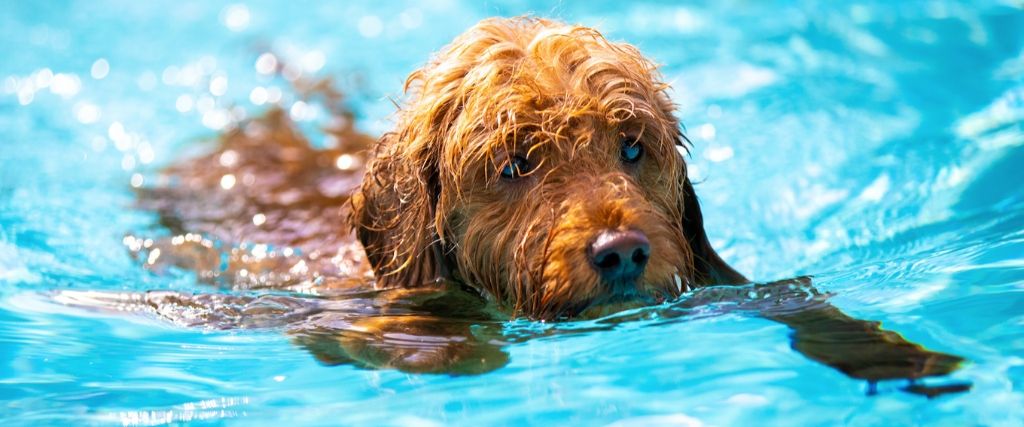
Blogs
23 Amazing Facts About Dogs You Probably Didn't Know
Do you think you know everything there is to know about canines? Think again! Check out these 23 interesting facts you may have never heard:
Do you think you know everything there is to know about canines? Think again! Check out these 23 interesting facts you may have never heard: